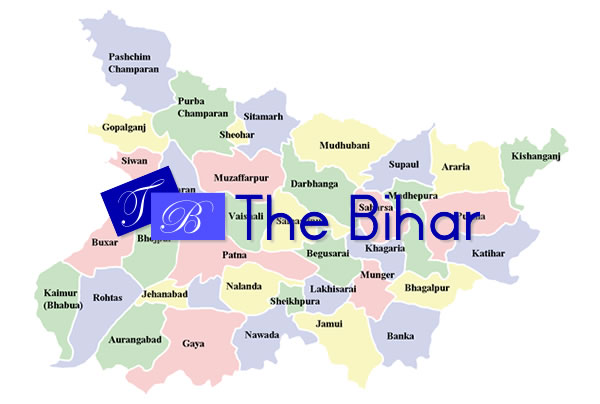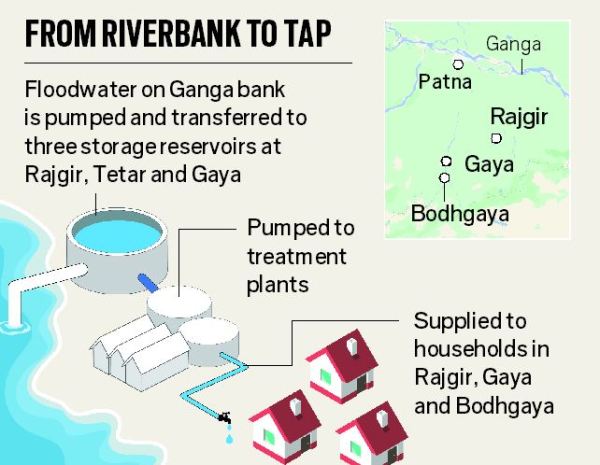6 ways to get more calcium in your diet
3 min read Calcium is a vital component of our diet, as the mineral helps to maintain a healthy bone structure and muscle function. The NHS recommends than an adult below the age of 50 consumes 1,000 mg of calcium a day.
Calcium is a vital component of our diet, as the mineral helps to maintain a healthy bone structure and muscle function. The NHS recommends than an adult below the age of 50 consumes 1,000 mg of calcium a day.
However, with many people now cutting out or being unable to eat traditional calcium-rich dairy foods, it’s important to know how else you can get calcium in to your diet. Here, Frida Harju-Westman, nutritionist at the health app Lifesum, advises on the best ways to get calcium into your diet if you are lactose intolerant or vegan.
Ensure you get enough vitamin D
Whether you are taking in calcium from dairy or non-dairy foods, it’s essential that you have enough vitamin D in your diet, as your body cannot properly absorb calcium without the presence of this important vitamin. Vitamin D helps facilitate the production of the hormone calcitriol, which regulates the level of calcium in the body, facilitates the absorption of calcium from the intestines and slows down the rate at which calcium is excreted in your urine.
To ensure you have enough vitamin D in your diet, try adding a healthy portion of mushrooms to your meal, as these contain a significant amount of the vitamin, or consider cooking with tofu, as one fifth of a block of raw tofu has 140 IU of vitamin D.
Avoid carbonated drinks
While the exact relationship is unclear, it is believed that consuming large quantities of carbonated drinks could interfere with your body’s ability to absorb and retain calcium. The phosphoric acid contained in many fizzy drinks may prevent the absorption of calcium from the stomach into the bloodstream, while sodium (found in many carbonated drinks) is believed to elevate the rate at which calcium is lost through your urine.
Consider replacing fizzy drinks in your diet, with freshly squeezed orange juice, as oranges are filled with calcium, as well as vitamin C.
Choose calcium-fortified foods
If you can’t eat dairy products, a good way to ensure you are still getting enough calcium in your diet is to supplement your diet with calcium-fortified foods and drinks. Aside from non-dairy milk alternatives, you can find items such as breakfast cereals and breakfast bars that have been fortified with calcium, all of which can help to increase your overall intake of the important mineral.
Look for the non-dairy alternative that contains the most calcium
There are many popular non-dairy milk alternatives on the market, including almond milk, hemp milk and rice milk. However, while these are great milk alternatives, it’s important to ensure that you are choosing a milk alternative that is high in nutrients. Of all the options, soya milk is generally considered to be the most similar in nutrients to cow’s milk and therefore the healthiest.
However, while soya milk might be rich in nutrients such as protein, carbohydrate and fats, it often contains less calcium than other milk alternatives, which may be fortified with calcium. When deciding which milk alternative to buy, ensure you check the label and work out which option is best for you.
Consider calcium supplements
While there are plenty of non-dairy foods that can provide you with the recommended daily intake of calcium, if you are vegan or lactose intolerant it may be worth considering taking calcium supplements. There are many different types of calcium supplements which can help to make up for any gaps in your diet, however you should always consult your doctor before deciding to take a supplement, and if taken, ensure you take the advised amount in order to facilitate absorption.
Choose non-dairy foods high in calcium
Unbeknown to many, there are many non-dairy foods which are high in calcium and when consumed, can provide you with the recommended daily intake of calcium. For example, nuts are high in calcium, with almonds and brazil nuts believed to contain around 100mg of calcium per serving, making them a great food to snack on throughout the day. Canned salmon is also a great source of calcium, as is oatmeal, which can be added to many of your meals, including your breakfast, to boost your calcium intake.
Courtesy: MSN.com





